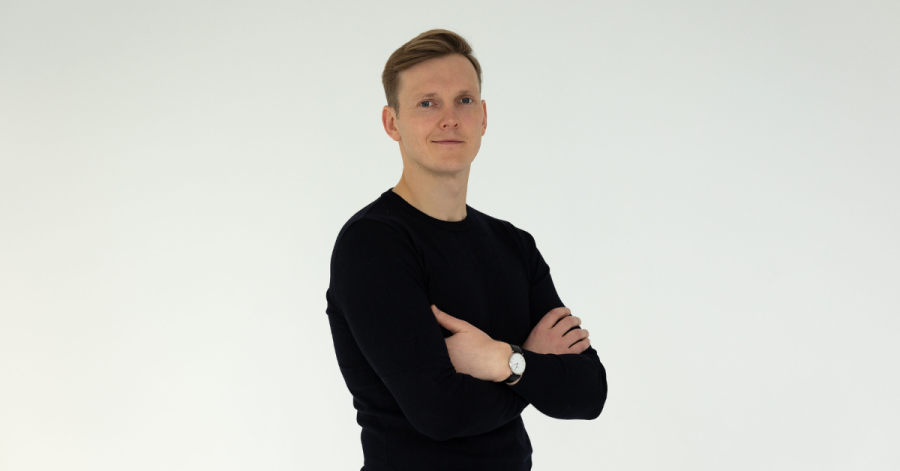The US is the largest consumer market in the world making it the North Star for any international business. Like Frank Sinatra said about New York, if you can make it here, you can make it anywhere. So when my co-founder and I launched our CPG (Consumer Packaged Goods) startup, we had our eyes on the US from day one.
Three years later, our brand new facility in Denver, Colorado generates over half a million dollars monthly and employs a dozen locals, while our team in Europe supports our ground operations. That said, it has been — and continues to be — an uphill battle. There are some specifics of the US market that shocked me and remain a hurdle in our ongoing expansion.
From securing financing to finding the right workers, here are three things any international entrepreneur looking to build a business in the US should be mindful of — and any local take advantage of.
Difficulties in Taking Out a Loan
As founders of a startup in the CPG space, we’ve learned that the road to profitability can be a lengthy one. The recent financial drought has entrepreneurs looking for alternative (non-VC) funding options and traditional working capital loans is one such avenue – and one my team was eager to make use of.
We thought about getting a loan in the US, where our business is located, as that makes the most sense on paper. However, being European founders, we lacked the necessary social security numbers and credit history for doing so. Moreover, I quickly realized that even if I could get a US visa and a social security number, getting a loan for the business would still be a stretch.
Thankfully, having part of the business present in Europe allowed us to secure the necessary funds back home. But this can be a scary wake-up call for any European business that has gone all-in on the US. And it’s something that local entrepreneurs should never take for granted.
Cold Shoulders From Local Venture Capital
US VC funds keenly advertise their interest in investing in European founders, but I have reached out to all local funds in Denver (and dozens more beyond) to no avail. Having been on the other side of the table as an investor myself, what surprised me was the lack of curiosity.
Of course, being ignored is a key part of the fundraising process and the current economic climate isn’t particularly kind to startups, either. But two things stood out to me as strange deal breakers when approaching US VC funds as a European founder.
One recurring theme was the expectation that you are 100% on the ground in the US. Even though our business is based in the US and our operational hub is in Denver and employs locals, it wasn’t deemed sufficient to warrant deeper interest. This might be different for larger post-Series A startups, but I expect early stage ones will encounter a similar challenge in most states.
Secondly, VC investment in the US is deeply rooted in relationships. Yes, relationships are a core pillar for investment everywhere across the globe, however, they are foundational in the US to the point where there may be total disinterest in any business data unless a trusted source suggests taking a look at it. This may be another hard pill to swallow for any European founder who’s used to investors doing basic due diligence before passing judgment.
Finding Qualified Workers
Supliful’s facility in Denver is a warehouse that serves as a logistical hub for product stocking and delivery. An unexpected challenge was finding highly qualified teammates that could help manage the practicalities of our day to day operations – overseeing and managing inventory, ensuring accurate and timely distribution and more.
Finding people isn’t the issue; instead we repeatedly run into a scenario where prospective candidates oversell themselves and their experience, and, at the end of the day, their output is not up to par.
Of course, this isn’t anything unique. With more than a decade of entrepreneurial experience, hiring the wrong candidates is something we’ve encountered before and it’s just part of doing business. However, never before has this been such a recurrent issue, further highlighted by the fact that there have been no such challenges with similar blue collar positions in Europe.
In any case, that means upping our HR game.
This situation is emblematic of our broader experience in the US. Even after years of operating here, each new day is filled with learnings both big and small and it’s incredibly rewarding to see how deeper understanding of the local landscape translates into better business results.








